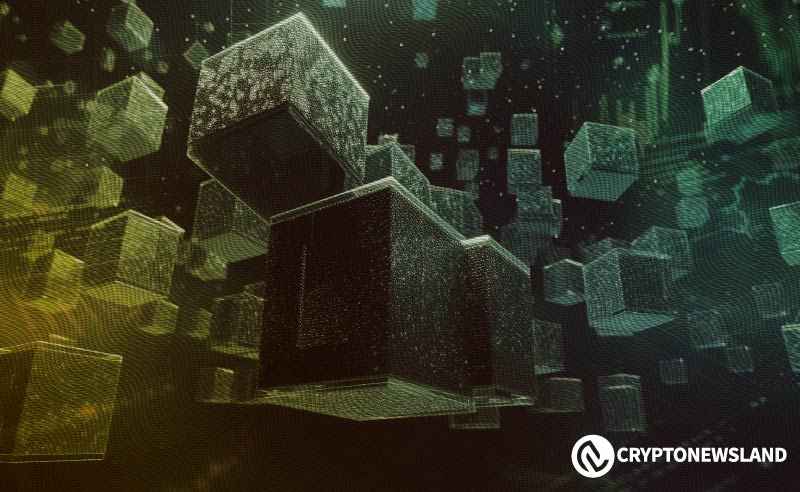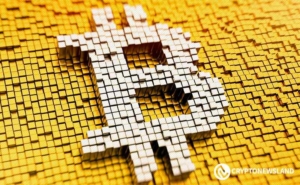- Polkadot improves blockchain, enabling seamless communication between different networks.
- SOL offers high-speed transactions with low fees, making it ideal for dApps requiring high throughput.
- Tezos’ protocol allows for upgrades, providing adaptability in the blockchain industry.
As the blockchain continues to mature, ETH, known for its innovative contract capabilities, remains a main player. However, several other blockchain platforms have emerged, each offering unique features and solutions that challenge the ETH market position.
Polkadot: Improving Blockchain Interoperability
ETH has some of the competitors and among them, Polkadot is one of the most important ones. It was created by one of Ethereum’s co founder, Gavin Wood, to solve expansion in blockchain networks.
It can support the running of many blockchains at once labelled as parachains which enhances through put. Furthermore, it also allow other projects to work together, it also make Polkadot act as a more connected ecosystem.
Cardano: A Focus on Security and Sustainability
Cardano is yet another recognizable company in the sphere of blockchain: the project’s main priorities include security and environmental friendliness. Built with an academic research and peer reviewed team, cardano is intended to provide a secure and optimal smart contract environment.
This platform relies upon the proof of stake and as reported, it is more friendly to the environment than the proof of work that Ethereum employs. This makes Cardano to be well suited in the blockchain space given the fact that the project has placed such aspects as sustainability and security as a topmost priority.
Solana: High-Speed Transactions at Low Costs
SOL has gained attention for its ability to process transactions at high speed and at a low cost. Unlike ETH, which has faced high gas fees, SOL allows for cheaper transactions.
Solana’s scalability is achieved through a unique mechanism called Proof of History, which enables the network to process thousands of transactions per second. This efficiency makes Solana particularly attractive for decentralized applications (dApps) and other high-throughput use cases.
Binance Smart Chain: A Cost-Effective Alternative
Today, BSC has gained support from developers and has become an ETH competitor in the platform for creating decentralized applications at a low price. BSC combines two different blockchains, where users can create decentralized apps and digital tokens on one side of the chain while enjoying the high speed trading services of the Binance Chain on the other side of the chain. Lower transaction fees and ability to work with Ethereum Virtual Machine have made BSC favorable to numerous developers and builders.
Summing up, Ethereum remains a leading platform in the sphere of blockchain technologies, however, platforms such as Polkadot, Cardano, Solana, Binance Smart Chain, and Tezos have made valuable developments exploring competitive approaches to Ethereum.
disclaimer read moreCrypto News Land, also abbreviated as "CNL", is an independent media entity - we are not affiliated with any company in the blockchain and cryptocurrency industry. We aim to provide fresh and relevant content that will help build up the crypto space since we believe in its potential to impact the world for the better. All of our news sources are credible and accurate as we know it, although we do not make any warranty as to the validity of their statements as well as their motive behind it. While we make sure to double-check the veracity of information from our sources, we do not make any assurances as to the timeliness and completeness of any information in our website as provided by our sources. Moreover, we disclaim any information on our website as investment or financial advice. We encourage all visitors to do your own research and consult with an expert in the relevant subject before making any investment or trading decision.



